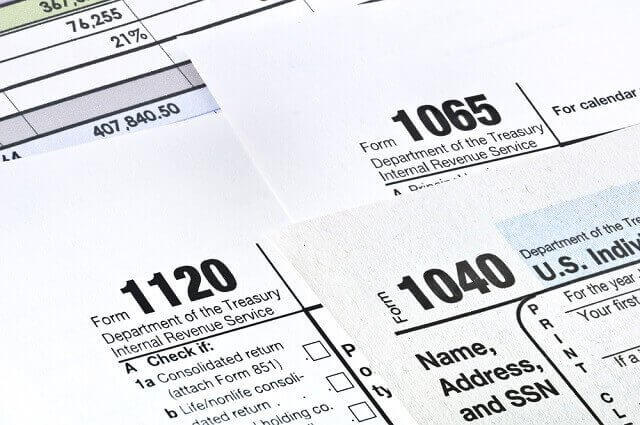Most personal injury claims will settle without trial. While there are a small majority that still go to trial and win by verdict, it is more likely that you will receive a settlement before your actual court date. Once you have accepted this offer, the case will be settled and your personal injury attorney will handle the distribution process. But, you may wonder if you will be requested by the Internal Revenue Service (IRS) to make a payment for taxes after you have received a check.
Compensation for Injuries Are Not Taxable
In general, the proceeds that you received for a personal injury lawsuit are not taxable at both federal and state levels. It doesn’t matter if you settled outside of court or if you won via jury verdict. Neither the IRS, nor your state tax commission, can tax your settlement on the personal injury claim. Federal tax law clearly states that personal injury settlements are excluded from a taxpayer’s gross income.
This means that any damages you receive that are meant to compensate you for your losses are tax-free; these include:
- Medical costs
- Lost wages
- Emotional distress
- Pain and suffering
- Loss of consortium
- Attorney’s fees
As long as these forms of compensation come directly from a personal injury lawsuit, you will not be taxed by state or federal taxing agencies. This includes lawsuits due to illness – such as filing a personal injury lawsuit after being exposed to something that made you ill.
Tax Exceptions
There are always exceptions when it comes to tax law; personal injury settlements will face some exceptions. Even if you suffered an injury, you will be taxed if any of those damages resulted from a breach of contract – and that breach of contract caused your injury. Also, punitive damages are taxable – regardless of whether you have received compensatory damages. So, you would pay taxes on your punitive damage portion, which is why your lawyer will ask that the judge or jury separate the verdict into compensatory and punitive categories, to ensure that the IRS cannot try to tax your compensatory damages in combination with punitive damages.
Another portion of your personal injury verdict that is taxable is any interest on the judgment. Most states have ruled that interest will be added for the time that your case is pending, but that interest accrued will be taxed by both the federal government and your state’s tax commission.
Claims Regarding Emotional Injury Only
The settlement or verdict is not taxable as long as it has arisen from a physical injury – so what about emotional injuries? If you have a claim for emotional distress, but no physical injury, then your settlement would be taxable unless you can prove that even a small portion of that settlement resulted from physical harm, as well.
Your Attorney Can Help
When you file your lawsuit and divvy out your settlement, your attorney can help protect as much of the settlement as possible from taxes. By wording documents and settlement agreements properly, you can have your compensation excluded – so that you get the compensation that you actually need to recover.
If you have been seriously injured, don’t worry about taxes. Instead, contact an attorney to get started on your claim and help recover financially. To get started with the process, contact me, Jeffrey H. Penneys, at 215-771-0430 or online through my contact form.


